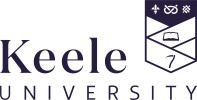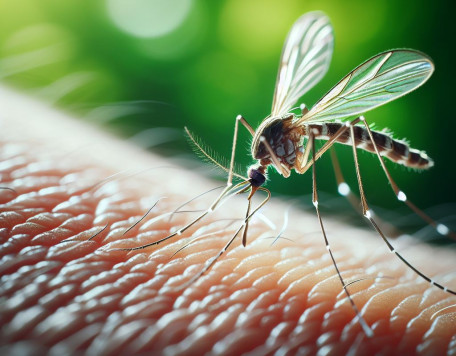© Pint of Science, 2025. All rights reserved.
Generations of people have created cultural knowledge and shared these through stories and collective action that became history. Meanwhile the Earth's full of silent witnesses of bygone people and events, their bones resting amidst the shards of time. Come and recreate the past that created the present.
Investigating 20th Century wartime archaeology sites around Stoke-on-Trent
Dr Jamie Pringle
(Reader in Forensic Geoscience, Keele University)
Britain has a rich conflict history, not least form the 20th Century. A decade of student-led research as discovered many sites around the Potteries area, including WW1 poison gas recycling factory in Hanley, WW2 air-raid shelters in Abbey Hulton, allied decoy bombing sites in Whitmore, and even cold war-era observation posts in Silverdale. This short presentation will give a whistle-stop tour of local sites and the forensic geoscience investigations of them.
Jamie Pringle is a Reader in Forensic Geoscience, focused on site investigations in a variety of forensic, conflict archaeology and brownfield sites.
Jamie Pringle is a Reader in Forensic Geoscience, focused on site investigations in a variety of forensic, conflict archaeology and brownfield sites.
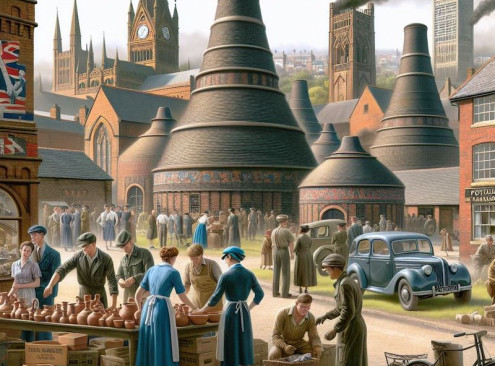
The skeletal colour wheel
Charlotte Loy
(Forensic Scientist)
Are bones white, cream, brown, pink? What about blue, green, purple and black? What happens after burial that can make the humble skeleton go through its chameleon phases and why is that relevant to archaeology and forensics? Take a tour through surprising shades of skeletons from different periods of history and learn how they got to be so bright. Find out how fabulous your skeleton can be even after death!
Charlotte is a PhD researcher at Keele University and even though she's had to do it multiple times she finds writing in the third person weird. She is researching Forensic Taphonomy (after burial breakdown potentially relating to crime). Specifically, relating to bone mineral changes that indicate a timeline and/or environment for buried remains.
Charlotte is a PhD researcher at Keele University and even though she's had to do it multiple times she finds writing in the third person weird. She is researching Forensic Taphonomy (after burial breakdown potentially relating to crime). Specifically, relating to bone mineral changes that indicate a timeline and/or environment for buried remains.
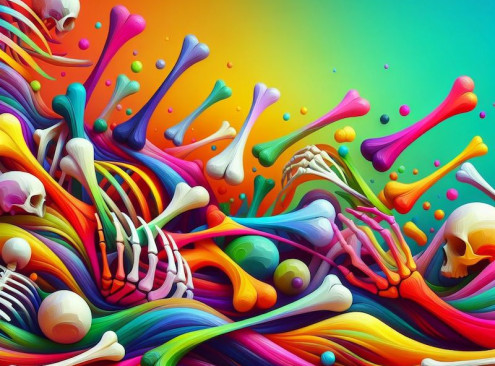
Fairness is what you can get away with: a study of power and collective action
David Gordon
(Psychologist)
Compared to other animals, humans are unique in our care for the welfare of others, with most people showing a desire to live in a fair and equal society. However, differences in power – control over resources and their allocation – are also a fundamental part of human social life, and people with power tend to behave in a self-serving manner. From hunter-gatherer societies to the present day, the (threat of) collective action by others has been a key tool in ensuring that powerful people don’t keep everything for themselves. Despite this, it is a surprisingly understudied area within psychology. In this session, we will talk about the deep evolutionary history of coalitions and how the ease of collective action affects the behaviour and beliefs of those with and without power.
David is a Senior Lecturer in Psychology at the University of Staffordshire. His three main areas of research are the evolution of cooperation and pro-social behaviour with a focus on punishment and norm enforcement, how evolved biases might affect our response to existential risks such as climate change, and how an evolutionary perspective can inform our understanding of science denialism and conspiracy theories.
David is a Senior Lecturer in Psychology at the University of Staffordshire. His three main areas of research are the evolution of cooperation and pro-social behaviour with a focus on punishment and norm enforcement, how evolved biases might affect our response to existential risks such as climate change, and how an evolutionary perspective can inform our understanding of science denialism and conspiracy theories.

Global tales: How stories shape families worldwide
Ingrid Makazhu
(PhD student)
From ancient cave paintings to today's digital tales, storytelling has always connected us across generations and cultures. In this presentation, we'll explore how families worldwide share stories with their children, whether through spoken words or reading books. You'll see how these stories shape our values, spark creativity, and strengthen family bonds.
Ingrid is a PhD student at Keele University. Her research is aimed at better understanding the interactions between parents and children during play and story time in Zimbabwean and English cultures. She intends to examine how these activities influence child development, while considering cultural variations in beliefs about play and storytelling.
Ingrid is a PhD student at Keele University. Her research is aimed at better understanding the interactions between parents and children during play and story time in Zimbabwean and English cultures. She intends to examine how these activities influence child development, while considering cultural variations in beliefs about play and storytelling.
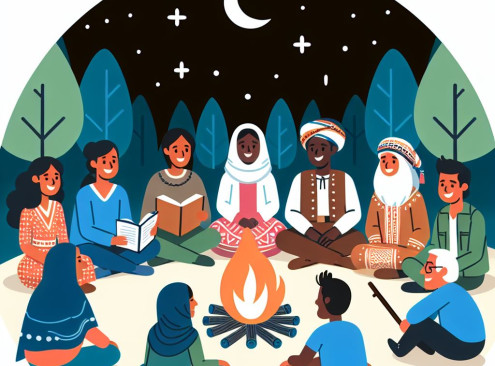
Map data © OpenStreetMap contributors.
Other Mellards events
2025-05-19
Quality of life - what does that look like?
Mellards
Market Lane, Newcastle-under-Lyme, Stoke-on-Trent, ST5 1AA, United Kingdom
